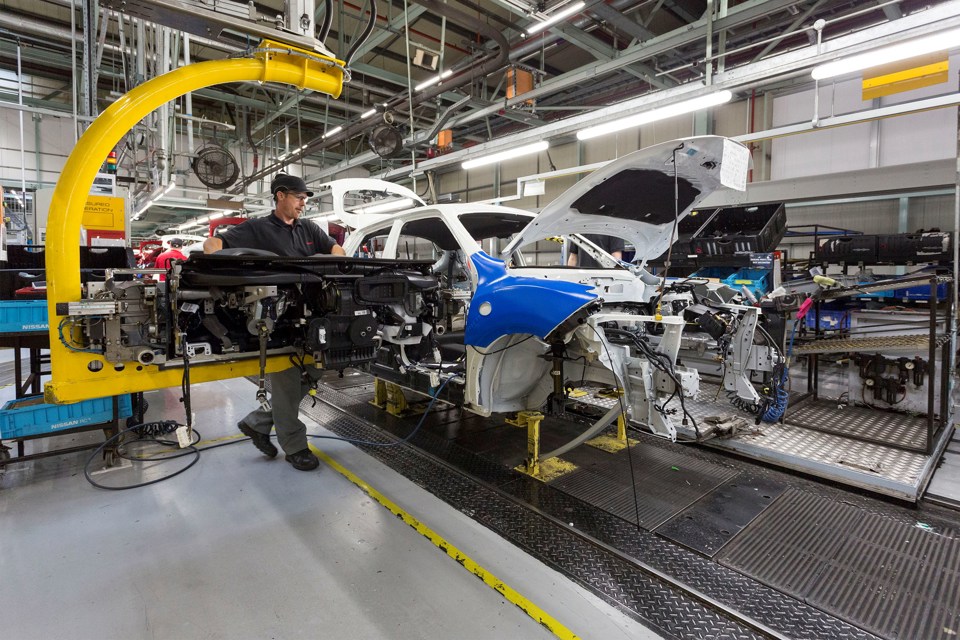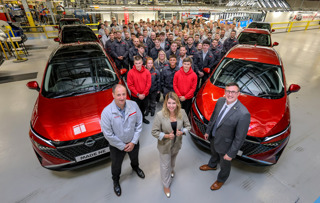The amount of cars the UK produces will reach over two million vehicles by 2020, beating the former high of the 1970s, according to a new forecast report by the Society of Motor Manufacturers and Traders (SMMT).
The current record is 1.92 million cars which was set in 1972, when the most popular car was the Ford Cortina rather than today’s top-seller, the Ford Fiesta.
More than 1.5 million cars were built in the UK in 2014, and acceleration in productivity and production volumes towards the end of the decade will see the UK consolidate its position as the third-largest maker of cars in Europe, behind Germany and Spain but ahead of France and a strengthening Eastern Europe.
The report also predicts a rise in employment, with jobs growth in the sector driven predominantly in the supply chain.
Up to 9,500 jobs will be created at source by vehicle manufacturers, but that could generate a potential extra 28,000 at component supply companies as UK manufacturers’ demand for home-grown components increases.
According to the SMMT, the key to the sector’s success is the ‘shift to premium’ or the increasing value of the vehicles made in – and exported by – British manufacturers.
In 2010, 37% of UK car production was by premium manufacturers; this is projected to rise to 54% by 2020.
The report – The Future of UK Automotive Manufacturing in 2025 and Beyond – was launched today at the SMMT International Automotive Summit in London.
Since the recession, the UK automotive sector has undergone a renaissance with significant recent investments – including a cumulative £2 billion to-date in 2015 alone.
Car production for the year-to-date passed the one million mark last month, its best annual performance since the recession.
Speaking at the summit, Mike Hawes, SMMT chief executive, said: “This report is further proof of the growing stature of the UK as a global destination for high quality vehicle manufacture.
“The automotive industry has made tremendous strides in recent years, as significant investment, along with partnership with government, has driven huge growth in production and employment.
“The prospect of further jobs growth, particularly in the supply chain, is extremely encouraging, while the UK’s consolidation as a global hub for premium production is testament to our prowess in design and precision engineering. This success, built on improvements in productivity, workforce flexibility and skilled people, has been hard-fought for; we cannot be complacent. Future growth in a fiercely competitive global market will rely upon continued government support, as well as an attractive business environment which drives investment and stimulates innovation.”



















Login to comment
Comments
No comments have been made yet.